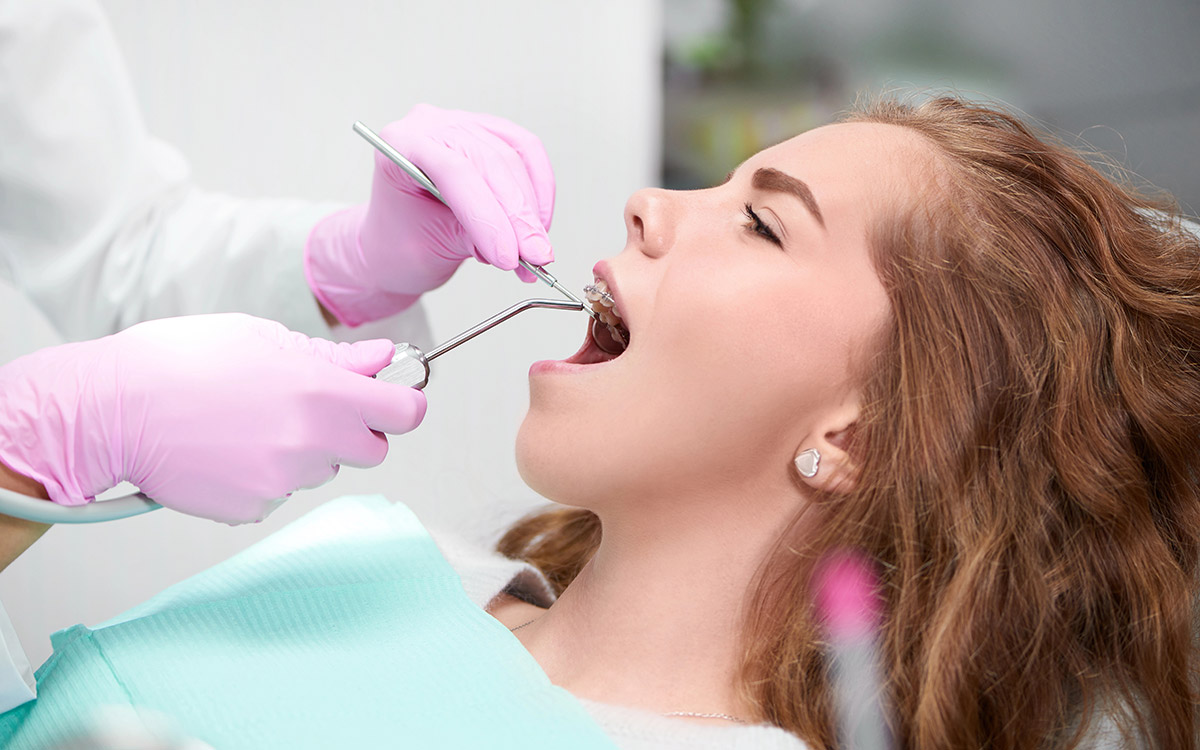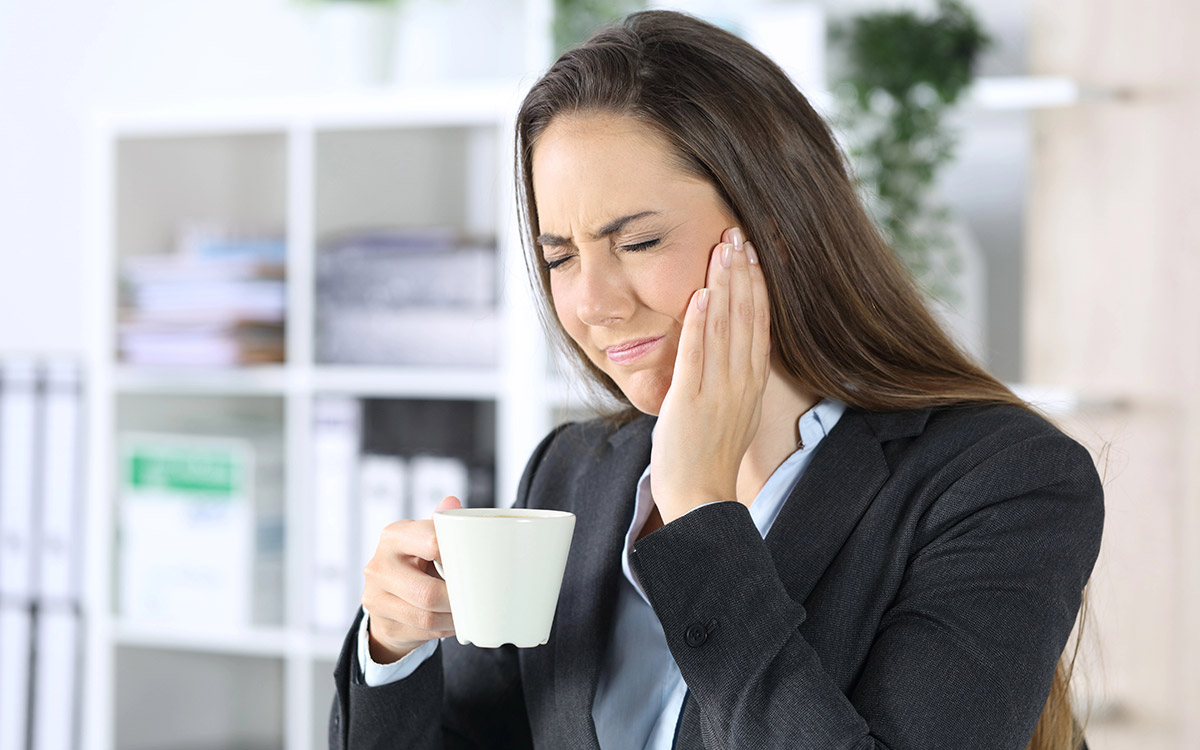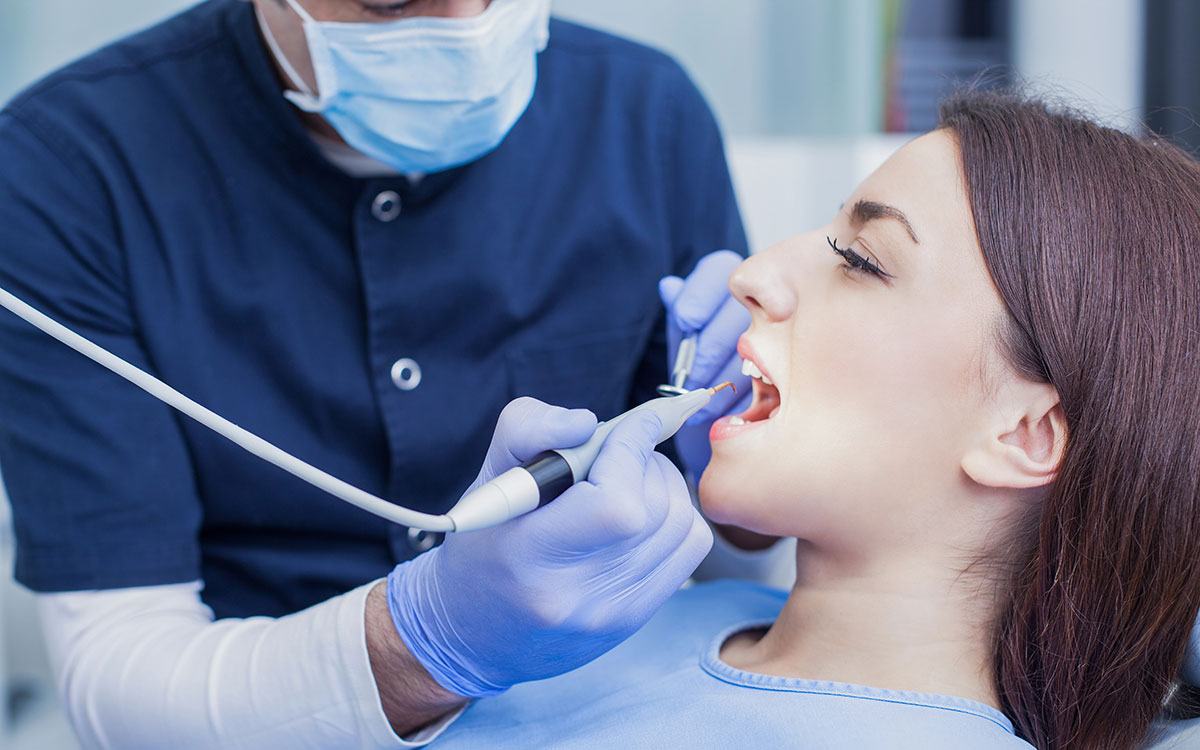If your gums bleed when you brush or floss your teeth, you may think it is normal. After all, you are exerting pressure on the surfaces. However, bleeding gums are not good. They indicate an underlying problem or fault in your oral hygiene routine.
Gum bleeding is common among adults and children alike. While you need to visit a dentist for diagnosis and recommendation, you can also treat minor bleeding at home. Experts recommend a few home remedies to stop the bleeding before you can visit the dentist.
The information below will highlight some of the best ways to stop gum bleeding at home. However, before you can explore the remedies, discover some of the reasons why your gums are bleeding when you brush or floss.
Common Causes Of Sensitive Or Bleeding Gums
- Poor oral hygiene. The buildup of tartar and bacteria on your teeth will affect the gum line. You will notice inflammation and irritation as the tartar builds and your gums become exposed to bacteria. It will trigger gum bleeding, especially when brushing. Ensure you brush twice a day for optimal oral hygiene.
- You are applying too much pressure when brushing and flossing. You only need to use gentle pressure to remove plaque and bacteria from your teeth. Applying too much pressure bruises the gums, making them sensitive and prone to bleeding. It is a common problem among children, so guardians should teach otherwise.
- Using a stiff-bristle toothbrush. Experts recommend using a toothbrush with soft bristles to avoid bruising the gums and triggering bleeding. A soft-bristle toothbrush will adequately get the job done, so avoid the tough ones.
- Side-effects of some medicines. Some medicines such as aspirin, blood thinners, and ibuprofen make the gums more prone to bleeding.
- Gingivitis. And finally, gingivitis or gum disease will cause bleeding gums as one of the symptoms. The same goes for tooth decay and other dental problems.
Limitations Of Home Remedies
Before exploring these home remedies, it is essential to note that they cannot do everything. If you have an underlying dental condition causing bleeding gums, the home remedies will not be able to treat them.
For example, if you are brushing too hard, home remedies will stop the bleeding, and you can adjust your routine as required. However, if you have gingivitis beyond the early stages, you need medical intervention to save your gums and teeth.
Therefore, if you notice regular bleeding gums, coupled with other symptoms, you can give the home remedies a shot but ensure you visit a dentist soon.
Home Remedies For Bleeding Gums
A warm salt rinse
Dissolve a teaspoon of salt into a glass of water, then rinse your mouth for a few seconds three or four times a day. This method helps remove bacteria, and heal cuts, thus stopping the bleeding. It can also help relieve tenderness.
Hydrogen peroxide rinse
You can also rinse your mouth with a bit of hydrogen peroxide. Studies show that hydrogen peroxide helps with gum inflammation and bleeding, especially if you have gingivitis. Mix 3% concentration of hydrogen peroxide with two parts of water, then rinse for a few seconds.
Coldwater or ice
Holding an ice pack or using cold water against the swollen and bleeding gums can reduce inflammation, soothe pain, and stop bleeding. The cold compress restricts blood flow, preventing bleeding. Hold the compress for ten minutes and rest for another ten per session.
A damp gauze
If you have a weakened immune system or are experiencing medication side effects, it may take longer to stop bleeding from your gums. Therefore, get a clean piece of gauze dipped in clean water and hold it against the bleeding point to promote clotting.
Antibacterial mouthwash
Swish mouthwash twice a day to help bleeding gums. The antibacterial versions will treat minor bacterial infections in the mouth and stop bleeding. Antibacterial mouthwash is especially recommended for gingivitis patients.
Turmeric paste
And finally, create a paste using turmeric and water, then apply it to the gums to soothe and stop bleeding. Turmeric has natural antibacterial properties that may improve the symptoms of bacterial infections, including bleeding and tenderness. And while it is yellow, it will not stain your teeth.
Long Term Prevention
Increase vitamin C intake
Foods rich in vitamin C boost your immunity. It will help you fight off bacterial infections, thus protecting your gums from bleeding. If you notice bleeding gums frequently, add more oranges, red peppers, carrots, and sweet potatoes to your diet.
Eat more crunchy food.
Healthy crunchy food like carrots and apples will help clean the teeth, removing tartar buildup that can cause gum inflammation. It is best to finish each meal with crunchy foods to clean the teeth, especially if you cannot brush your teeth after.
Increasing vitamin K intake
Next, ensure you incorporate kale, lettuce, and spinach into your diet for vitamin K. Vitamin K deficiency affects clotting, so you will bleed longer without clotting. Ensure that you eat more vitamin K if you notice prolonged bleeding.
Quit smoking
Smoking has many adverse effects on the body, including weakening your immune system, increasing the chances of cancer, and triggering gum disease. If you smoke (or use tobacco products) and have bleeding gums, limit or quit entirely for improvement.
Avoid sugary foods
Starchy and sugary foods will stick onto the teeth, mixing with bacteria to form an acid that erodes the enamel and irritates the gums. It will also encourage bacterial growth leading to gum diseases. Eat less of these foods, and always flush your mouth with water after consumption.
Brushing and flossing gently
And finally, ensure that you brush and floss gently. Applying too much pressure will leave you with tender gums. Plus, it erodes the enamel, causing sensitivity and tooth decay. Learn the various appropriate brushing techniques, plus how to floss well. Similarly, buy the right toothbrush.
Remember, these are just home remedies to stop the bleeding. It can rectify the problem in minor cases, such as treating minor bacterial infections. However, nothing can replace going to the dentist.
If you realize dependency on these methods or consistent bleeding, ensure that you visit your dentist. Treating the underlying problem should give you less tender gums and restore your smile.







